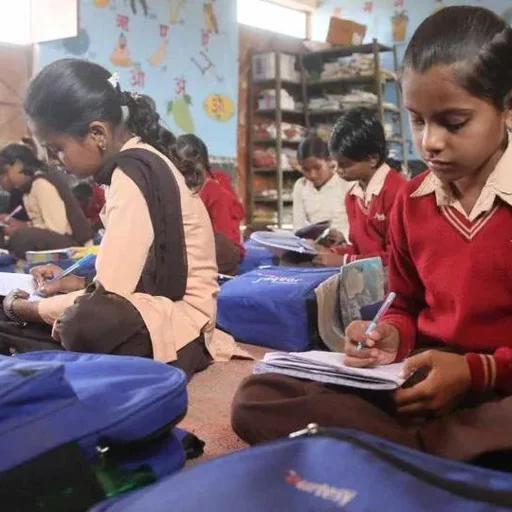Imagine a place where schools close their doors, leaving students with nowhere to learn. This is the reality for many in Rajasthan, where hundreds of government schools have recently been shut down. The closures, which include 190 primary and 260 upper primary schools, have ignited a political battle and raised serious questions about the future of public education in the state.
The decision to close these schools has created a major point of contention between the Congress party and the Bharatiya Janata Party (BJP). Congress leaders accuse the BJP of deliberately weakening the public education system to favor private schools, making it more difficult for many students to access proper schooling. These criticisms are not just political talking points; they reflect genuine worries about the impact of these closures on the most vulnerable members of the community, especially those from low-income backgrounds. The closing of schools is seen by some as a direct attack on equal opportunity in education.
Furthermore, this issue isn’t limited to just Rajasthan. Similar concerns are growing in Uttar Pradesh, where there are rumors of the BJP government considering the closure of over 27,000 government primary and junior schools. Even though the government has not officially confirmed these plans, the mere suggestion has stirred anxiety among parents and educators. Such widespread closures could potentially displace a huge number of students, leaving many without access to the basic education they need. It could also significantly impact learning in rural and underdeveloped parts of the state.
These disputes over school closures show us how crucial it is that everyone has the chance to receive a good public education. The current situation in Rajasthan and the worries in Uttar Pradesh underline the need for governments to prioritize education for all citizens. These discussions challenge our leaders to come up with creative solutions that guarantee every child, regardless of where they live or their family’s financial situation, can attend a school that helps them succeed. Therefore, it is vital that the dialogue continues and we work toward better opportunities in public education.
